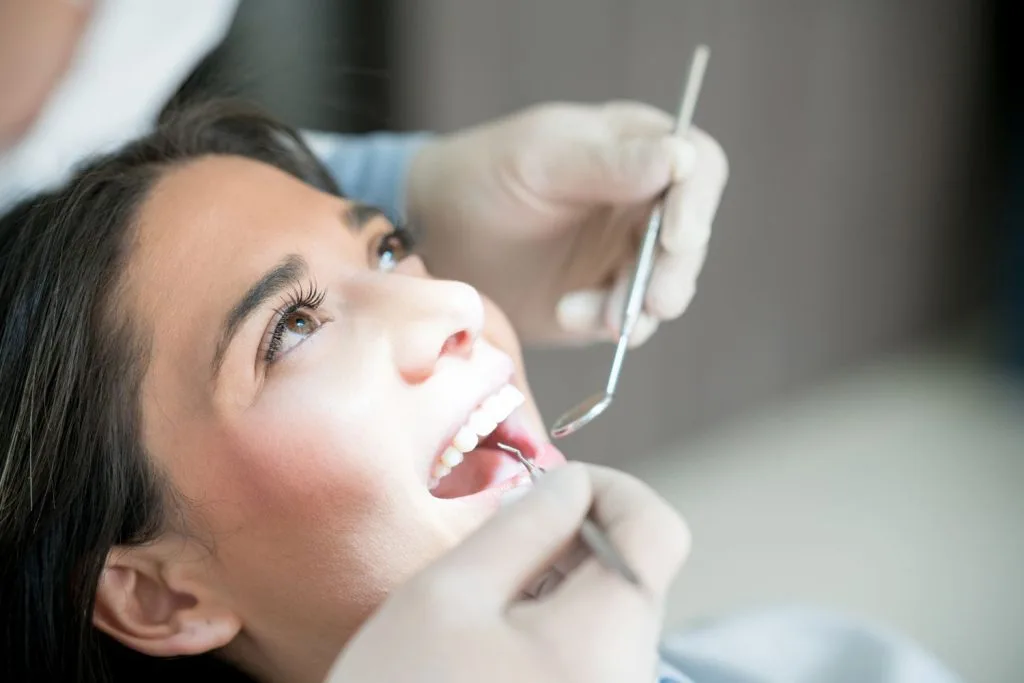It is a sleep disorder that happens to millions of people all across the world. While it is common, it is not to be taken lightly. People are aware of how sleep apnea can affect their overall well-being, but not all are aware of its impact on their oral health.
Sleep apnoea can be understood by having disruptions in breathing while sleeping, which can make a person wake up from their sleep. There are many types of sleep acne. The most common one is obstructive sleep apnea, in which you see the air passageway getting blocked.
This can result in poor sleep, and it will also decrease the level of oxygen in the blood. Such things can have an adverse impact on the health of the person. Oral health is a crucial part of a person’s health. One should pay close attention to their oral health as they would give importance to any other problem taking place in their body.
Sleep apnea can result in dry mouth, which in turn will further increase the chances of tooth decay and other oral health issues. Contacting a dentist Murray Hill can help significantly reduce the problems.
What are the consequences of having a dry mouth?
Sleep apnea affects your oral health in different ways; one of the primary ones is causing dry mouth. Since people who have sleep apnea find it difficult to breathe, they start breathing from their mouth. This can result in a dry mouth.
Nasal congestion can make it difficult for them to breathe from their nose. It can result in less production of saliva, which in turn can lead to dry mouth. When enough saliva is not there, the chances of developing bad breath, gum diseases, etc, increase. It can also make it difficult for a person to speak correctly and swallow their food.
How can sleep apnea lead to tooth grinding and jaw pain?
Sleep apnea can also result in bruxism. It usually occurs when a person is asleep, and it can further escalate by a person’s body. Constant grinding can be problematic for the person; it can lead to different oral health issues, such as fractures in teeth or tooth loss.
Tooth grinding can, in turn, further lead to jaw pain or disorders associated with your jaw. Such dental issues can also manifest as tenderness in the jaw area, and you may also hear a clicking sound when you are trying to close or open your mouth.
If you do not get it checked by a professional and get it treated, it can result in chronic pain and other problems. It will also require interventions from medical care.

How are sleep apnea and gum diseases connected?
Sleep apnea can result in inflammation, which can be the cause of developing gum disease or periodontal disease. Such inflammation can also result in bleeding of gums or swollen gums. It can further exacerbate and take some severe form of gum disease. It will damage the tissues and bone and give support to your teeth.
According to researchers, people who have sleep apnea are at greater risk of developing gum disease. If someone already has gum disease, it can increase the chances of developing sleep apnea, too; it goes both ways. This creates a cycle where both the body and oral health of the person are affected.
How can you protect your oral health?
The first thing you need to do is seek treatment for sleep apnea. You may have to make changes in your lifestyle, losing weight may help, if you are a smoker, avoiding smoking, therapy, etc can help.
In order to control dry mouth, a humidifier can be put in the room. There are also moisturizing mouth trays that can keep your mouth hydrated.
Address sleep apnea and related oral health issues!
It is essential that you do not ignore sleep apnea or any related oral health issues. They can take severe forms in no time, and it will be difficult to combat them fully at their later stages.

